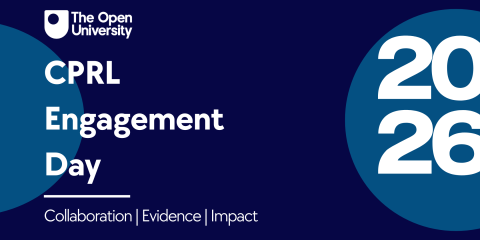2.15 Prospecting chatbots as a communication platform to tackle cyber grooming
Academic team: Dr Lara Piccolo, Dr Pinelopi Trollinou, Professor Harith Alani
Policing partners: Metropolitan Police service
Status: Complete
Chatbots, also known as digital assistants or conversational AI, are natural-language processing software empowered with intelligence to simulate a human-like conversation. Based on the input of the user, they generate responses for engaging users in a dialogue for providing information, executing tasks, or offering services. Recent advancements in Artificial Intelligence are rendering chatbots useful in a variety of contexts, however this technology is still evolving.
It is thought Chatbots could offer a way of tackling online cyber grooming by providing young people a way to ask for advice, report suspicious conversations, and to engage with educational content (e.g., from CEOP).
This project is investigating the viability of using chatbots as a communication channel for the police to tackle online grooming. It seeks to understand their potential and appropriateness to policing organisations and practices, whether potential users would adopt such a platform, and what socio-technical requirements need to be considered to build trust and ethical bot behaviour.
Outputs
| Title | Outputs type | Lead academic | Year |
|---|---|---|---|
| Research results: Would children rely on a chatbot to get support when dealing with online abuse | Blog | Piccolo, L. | 2020 |
| Children's online safety: Prospecting chatbots for tackling online abuse | Final report | Piccolo, L. | 2020 |
News
What does the next decade of evidence-based policing look like? Join us for the CPRL Engagement Day on 21 January 2026
This event provides a collaborative and welcoming environment for shared practice, reflection, and strategic direction-setting. Together, we will explore how our partnership can drive forward the next generation of research, innovation, and professional learning across UK policing.
